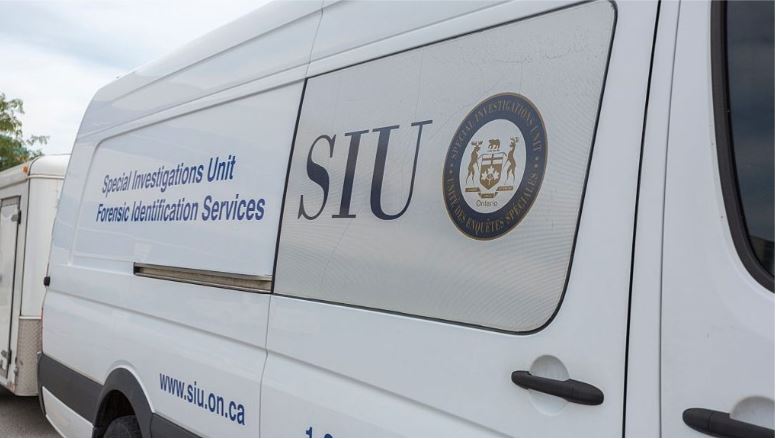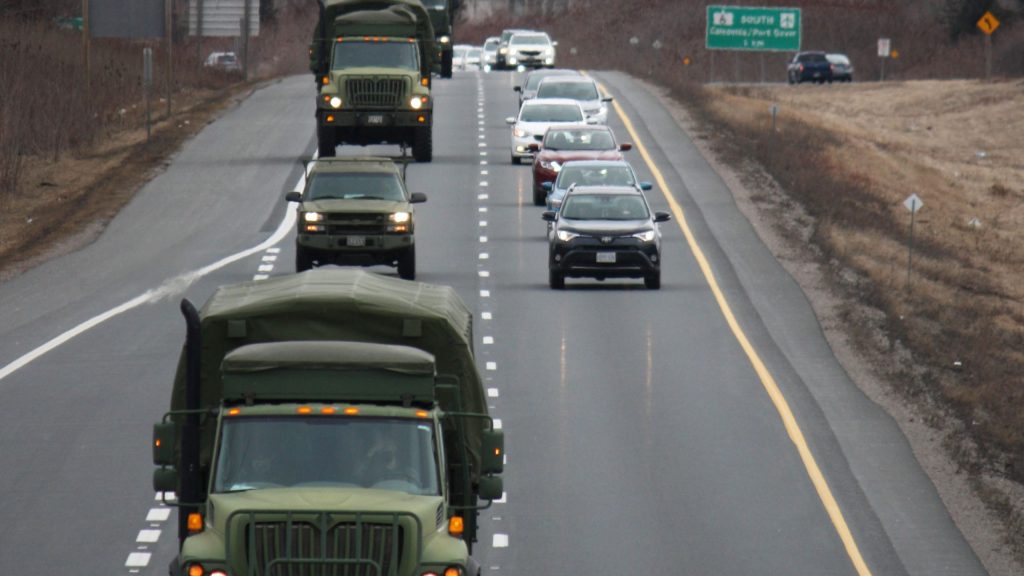One year later, Constance Bay still dealing with, learning from historic Ottawa River flood
Posted Apr 27, 2018 07:02:00 PM.
This article is more than 5 years old.
One year after the Ottawa River rose to historic levels and devastated the community, Constance Bay is still cleaning up from the mess and learning from the experience.
The spring of 2017 brought repeated days of heavy rain, mixed with a very quick thaw of the winter snow, contributing to historic high water levels. Those water levels swamped several communities in Ward 5 Ottawa in early May including Constance Bay, Willola Beach, MacLaren’s Landing, West Armitage and Fitzroy Harbour.
On the weekend of May 5, 2017, thousands of volunteers from all over the City of Ottawa and far beyond descended on Constance Bay to help out, any way they could – filling sandbags, making and delivering food, assisting with flood control and transporting tools and volunteers wherever they were needed. The work was endless and continued for days leading in to weeks.
By the time the waters finally receded about 513 homes in the community were damaged in some way. By the time the flood waters washed away in Constance Bay, four houses were condemned and later destroyed; a couple of homeowners deemed their houses too extensively damaged to repair and were destroyed; 160 were able to clean-up and repair their own homes through insurance or their own means; and 350 received assistance including volunteer service and materials.
Since then, the Constance Bay and Buckham’s Bay Community Association (CBBCA), has been facilitating clean up; fundraising for needy community members; volunteer coordinating; and planning for the next disaster.
Resident, past president and current CBBCA secretary Len Russell was volunteering at ground zero on Day 1 of the flood and hasn’t stopped helping since.
“It was pretty far outside the box for us,” Russell told OttawaMatters.com about the CBBCA’s transition in to disaster relief assistance.
Just last week he attended a media event to officially open the homes of two families whose houses were condemned after the flood. Jeff and Christine Smith and Kara Shaw-Plourde, a single mother of two, both saw their homes destroyed by the flood. And due to their financial constraints, witnessed the destruction while they were still living there.
But thanks to the CBBCA and the greater community’s fundraising efforts, and the volunteer labour and know-how provided by the Mennonite Disaster Service (MDS) both families will have new, modest homes to move in to as soon as the final hook-ups and touches are finished over the next couple of weeks.
MDS was one of a few volunteer emergency services that came to the rescue of Constance Bay flood victims. During clean up, MDS provided 1,778 man-hours of labour and helped repair more than 20 homes, free of charge. That doesn’t include time spent working on the new homes.
“MDS won’t say how much money they spent, but it wasn’t trivial, it was in the tens of thousands of dollars,” Russell said. “There were also some really extraordinary small companies, basically owner-operators, that also came out and did some amazing work for the community.”
It was the outpouring of help and support that will ultimately turn this terrible event into a positive experience.
“First of all, there are eight to 12 families who are not back to where they were yet,” Russell said looking over the last year since the flood. “But, I would say for the majority of people, it was a positive experience. Seeing all the people that came out to help. That was not an expected outcome, to see so many strangers from different communities come out to help. You can’t undo the stress people felt, but in retrospect, you can’t help but see the positives that came out of it. The CBBCA only facilitated the work all the good people did.”
The City of Ottawa marked the one-year anniversary by recently releasing the findings of an after action report commissioned by International Safety Research. The consultant used staff surveys, workshops and interviews to assess the city’s performance. The report found inexperienced staff, inconsistent communications and disorganized volunteers hindered the city’s emergency response.
The CBBCA provided their feedback to the city in person and in writing. Russell says the report misses the biggest issues.
“The eye-opening part isn’t really did the city do a good or bad job? but the limitation of the city’s scope,” he said. “The city will do better next time, but the city is not committed to go beyond the curb.”
Russell said seniors who were affected by the flood were delayed from being able to do anything about it.
“As they are waiting for a cheque, their home will probably become uninhabitable by the time the money arrives,” Russell said. “If there’s one problem with the system, that’s the one. We learned volunteers will show up. But you have to be organized if you want to keep them.”
While originally out of the CBBCA’s scope, the association has now formed a committee to deal with emergency issues.
They’ve collected useful documents and best practices learned over the last year; from quickly and safely filling sandbags, to equipment loan out practices, to tracking the state of residents – all things the community had to learn on the fly last year.
“We’ve identified two or three things we would have done very differently and a few things we did well,” Russell said. “We want to be organized and be able to get out in front in case something happens again. We’re miles ahead of where we were last year, which was nowhere.”
The good news is those services won’t be needed this spring. There’s been a lack of rain, the small amount of snow there was has melted and runoff.
The Ottawa River at Constance Bay is a full metre below where it was last year.
“It’s kind of humorous,” Russell said. “The city came out a few weeks ago and said they were cautiously optimistic there would be no flood this year. It was visually obvious all winter long, water levels would be low this year.”










